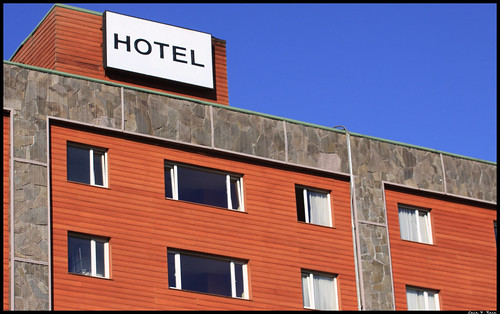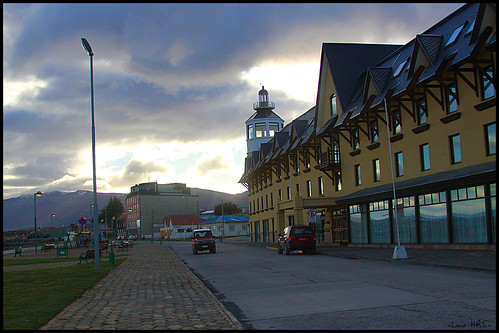
Lodging in Chile falls under a variety of different categories, with a wide range of prices and levels of comfort. Visitors should feel free to inspect lodging carefully before committing to stay.
Hotels in Chile are classified by the familiar system of 1-5 star. Hotels provide services similar to those in North America or Europe.
Apart-hotels are hotel rooms with kitchenettes and other added amenities, ideal for families.
Hosterías are home-style lodges, usually with a restaurant and frequently providing other tourist services. These can be among the most charming and most confortable of all lodgind options, combining local flavor with modern amenities.
Cabañas or cabins are an excellent option for a families groups, typically providing beds for 4-8 people.
Hospedajes and Residenciales are all budget lodging options, and the different between them are not always clear. Rooms most often hold 2 or more beds, though single travelers usually will not have to share with strangers. Baths are usually shared, and breakfast is often included. Ask about access to kitchen and laundry facilities.
Campgrounds can be a great value and lots of fun, often providing the same services as a hospedaje at a considerably lower price . National Park campgrounds typically provide fewer services, at a higher cost, but the setting usually makes up for it. Travelers are recommended to purchase all camping equipment before arrival.
Refugios are wilderness huts, ranging from staffed shelters with restaurants and hot showers (as in the case in Torres del Paine) to simple hovels in the mountains, providing only the most basic of shelter. If backpacking in remote areas, you should almost always carry a tent, even if a refugio appears on your route.
Willd camping is the term we use for camping in non-designated sites. In the desert north and in many parts of Patagonia, there are plenty of spots to camp for free, though visitors should respect private property; it may be best to offer to pay local landowners to camp on their land. In Central Chile and the Lake Region, free roadside camping is hard to come by, though there are countless spots to camp on beaches, in national parks, and in other wilderness or near-wilderness areas in the Andes. Those traveling in a private vehicle will find it much easier to find sites than those using public transport.





